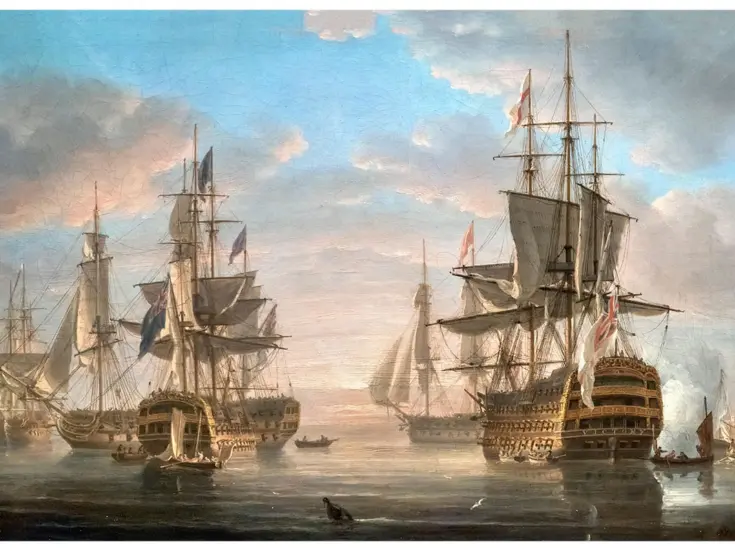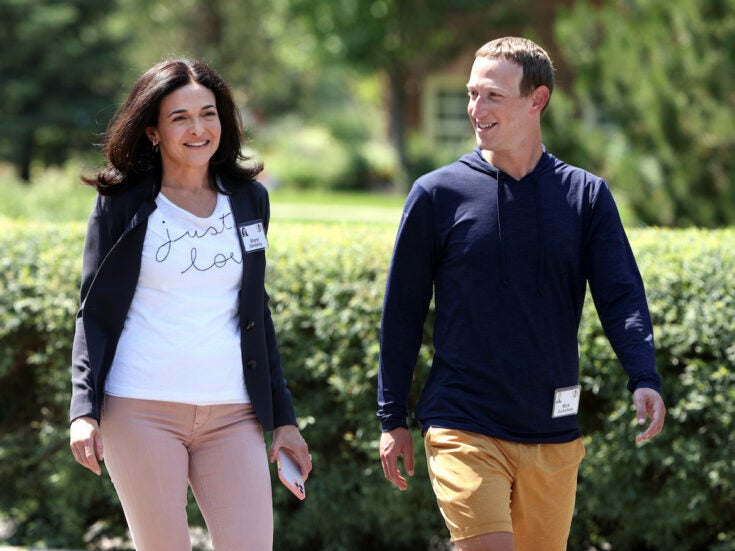With Cameron’s ad hoc remarks on a final term, 2015’s election candidates could take a few tips from those who have learnt the costs of candour. Alex Matchett meets those in the know
‘Is this whole interview going to be about this? Because really I’m not too keen on going on and on and on about this.’ John Mills, economist, entrepreneur and chairman of household retailer JML, is not impressed with Spear’s line of questioning. The ‘this’ at issue is his record-breaking ’1.65 million donation to the Labour party in 2013, which has attracted considerable attention in the right-wing press, especially since David Cameron brought it up again at Prime Minister’s Questions in February.
Mills owns 70 per cent of JML, and the respect and reputation he has earned over 30 years as a businessman have offered him a platform to address the political sphere, giving talks on the UK economy and writing books on the dangers of currency over-valuation. So when David Cameron criticises Ed Miliband for accepting his donation, saying it represents unpaid tax because it was made through company shares, doesn’t it worry him?
‘It keeps them happy at Parliament. I thought there were rather more important things facing the country than my donation to the Labour party, but there we go, that’s the way it is.’ Mills is candid about the whole episode: he admits that donors being treated like punching bags ‘comes with the territory’. Despite creating a business with an ’85 million annual turnover and serving as a local councillor, he says he has still had to grow a thick skin to deal with media scrutiny: ‘You get intrusion from the press, unfair and unreasonable articles, but you just have to put up with it.’
Ironically, it was his candid approach to the media that began the affair: ‘About two years ago a journalist came round to see me about something else and asked me about this. I just told him what the situation was and this was all written up as a big story — I just don’t think it is a big story.’
On whether he has a contingency plan for dealing with unwanted press, he shrugs. He explains that if anyone asks him about it he simply says what happened: ‘It’s all completely above board. There’s all the difference in the world between evading tax and taking steps which are entirely in line with what the legislative requirements expect you to do.’
That ad hoc frankness contrasts with the mechanisms many PRs and reputation management advisers put in place to deal with such stories, especially when they may have the power to make or break a political campaign. One communications manager, currently working with the family of a senior cabinet minister to keep them out of the press, mentions the need to ‘tell your PR guy everything so they’re not surprised by anything and can prep a response’. That obviously means trust, and an acceptance that you might have to share at least some salacious details with a spin doctor.
Mills has largely been able to stay out of the glare, but there are those unfortunate enough to have their whole back story unceremoniously paraded through the press. Among them is Brian Paddick, the former police chief now sitting in the House of Lords as a Liberal Democrat peer.
‘I rather thrust myself into the spotlight by suggesting, when I was a police commander in Lambeth, not arresting people for small amounts of cannabis so police could concentrate on crimes that were more important to local people,’ says Paddick. ‘It was pretty tough, as I found. Being an openly gay senior police officer who was “soft on drugs” was too much for the right-wing press; a Sunday tabloid did a kiss-and-tell story on the front page.’
The Mail on Sunday paid a former boyfriend ’100,000 for a story that alleged Paddick permitted him to smoke cannabis in their flat. ‘I had no choice but to sue the newspaper. Two weeks before the trial was due to begin, for breach of privacy and breach of confidence, Associated Newspapers settled.’
When the chance came to stand as the Liberal Democrats’ London mayoral candidate in 2008, Paddick took an active approach to managing his reputation, again utilising candour. He arranged an interview with Andrew Gilligan in the Evening Standard; the headline ran: ‘My skeletons and I have been out of the closet for some time.’
‘Everything that there was to expose,’ he says, ‘had been exposed.’ And even after he appeared naked on I’m a Celebrity, Get Me Out of Here and later decided to run for mayor again, no one mentioned it: the bare truth had seemingly liberated him.
For both Paddick and Mills, it’s been a case of once bitten, twice blithe when dealing with the media. That’s down to being relatively open and picking which battles to fight. But what about those actively courting the media ringmaster ahead of an election campaign? Hoping to replace Boris Johnson on the Conservative ticket for London mayor is Ivan Massow, the HNW former insurance CEO. He sees communication and image through a business lens: ‘When you speak to any CEO, a big part of their job is marketing, presentation — responding culturally to their customer base. It’s all really important stuff and without it they’re trash. If they don’t speak in the mediums that are appropriate, they’re dead.’
Massow is currently doing a lot of marketing, much of it for reinvention after certain incidents: a multi-million-pound court case with Zurich Insurance Group (‘Literally the best thing that ever happened to me’) and a public spat with colleagues while chair of the Institute of Contemporary Art (‘We’re all great, great friends now. I couldn’t get any closer to Tracey Emin’).
It seems Massow’s current image concern is having to clarify things he has said in the spirit of candour that the press has mis-shapen, namely that gay people are natural Conservatives (‘Of course not all gay people are Conservative, but they’re less likely to realise they are’) and that he plans to turn City Hall into a homeless shelter (‘Mr Livingstone signed up a pretty tight lease, so further investigation reveals that it would probably be impractical’). Despite the struggle to make his message clear, Massow says he’s actually grateful: ‘None of this is a problem — the worst problem would be having stuff to say and no one’s listening.’
Mills, Paddick and Massow have all shown that playing media games is no substitute for straight-forwardness. ‘People do respond well to honesty,’ says political communications consultant and former tabloid journalist George Thwaites. ‘If you’re going for some sort of political position, it’s more important than ever that the public understands you. We want our politicians to give straight answers to straight questions — obviously we don’t get nearly enough of them.’ And that’s a lesson that applies beyond politics too.








